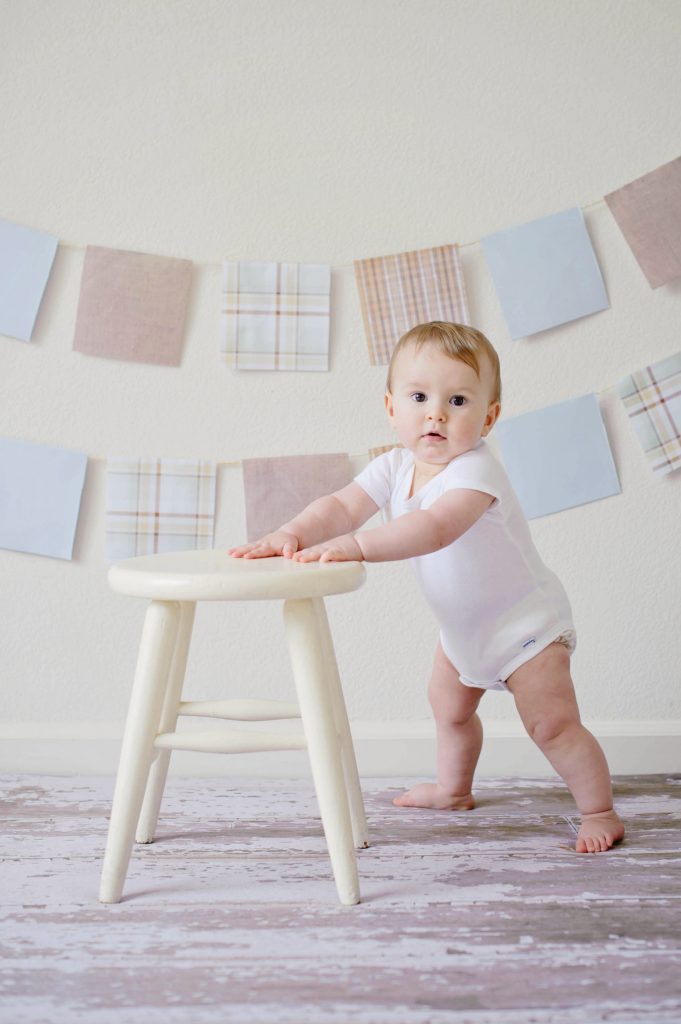1. You’ll have a variety of medical job options.
This reason is often neglected, yet it is one of the most compelling. Following graduation, you will have a wide choice of professional prospects in the medical area. You’ll be spoiled with choice with over 60 specialties to pick from. You may work in hospitals or other healthcare facilities, research laboratories, or other medical sectors as part of the medical department. Medicine graduates work in economic sectors to control health care expenses or in legal professions to investigate medical mistakes and protect patients’ rights. It all begins with selecting the appropriate academic route, which may include other degrees.
2. Able To Look for Medicine employment all around the globe.
Medical knowledge and practice are quite consistent over the globe. This implies that if you graduate from a European medical school or college, you may work in any hospital in South America or the rest of the globe. This isn’t true in a lot of other fields! Keep in mind that if English isn’t commonly spoken in that nation, you’ll have to learn the native tongue. That’s crucial when you’re communicating with people and trying to figure out what’s causing their problems. If you opt to study medicine overseas, you’ll find that learning the official language is either part of the program or one of the entrance criteria in many nations. Always verify whether your English abilities are sufficient to graduate and practice medicine in that nation before enrolling in a Medicine school overseas.

3. Doctors are in short supply.
More physicians are needed around the globe. “The World Health Organization (WHO) forecasted in 2013 that low- and middle-income nations would have a shortage of 14.5 million healthcare workers by 2030,” according to the Telegraph. Healthcare workers are in great demand in nations like the United States. Nurses and doctors/physicians are predicted to have a 7-12 percent increase in employment by 2028, according to the Bureau of Labor Statistics. In comparison to other continents such as Asia or Africa, the situation in Europe is tolerable, yet certain nations need more physicians than others. The European Union’s policies reflect this. Many EU nations that have prohibited or limited foreign nationals from working do not apply this decision to physicians. Because of the increasing need for healthcare workers such as taking care of newborns and the ones in poor health, most Medicine students find work immediately after graduation.

4. Healthcare careers pay well and provide work security.
Another compelling incentive to choose a medical profession is the employment security you will experience after graduation. This is especially true in nations where the recession is still a concern and young people are struggling to find work. The exorbitant pay of healthcare workers must also be mentioned. While this should not be your only motivation for studying medicine, it is tough to overlook. The significance of their work and the great demand for skilled specialists are the reasons why medical personnel earn above-average compensation.
apply for mbbs course in malaysia to save a life and experience all of this goodness.

